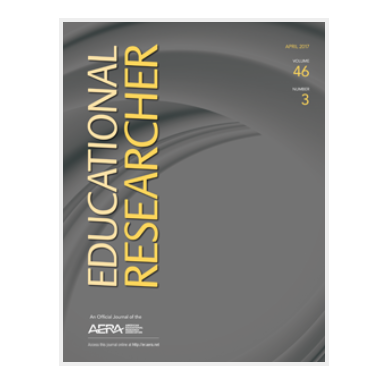Ecologies of Parental Engagement in Urban Education

What we know about parental involvement in schools cuts across two areas: how and why parental involvement is important and the structural barriers that impede parental participation. However, it has been difficult to construct an account of parental involvement, grounded in everyday practice that goes beyond a laundry list of things that good parents do for their children's education. In this article we make a case for a new data-driven framework for understanding parental engagement in urban elementary schools, the Ecologies of Parental Engagement (EPE) framework. The EPE framework marks a fundamental shift in how we understand parents' involvement in their children's education-a shift from focusing primarily on what parents do to engage with their children's schools and with other actors within those schools, to also considering how parents understand the hows and whys of their engagement, and how this engagement re- lates more broadly to parents' experiences and actions both inside and out of the school community. In explaining this framework, we situate parental engagement as a relational phenomenon that relies on activity networks. In doing so, we highlight the crucial importance that both space and capital play in the relative success parents (and teachers) have in engaging parents in the academic venue of urban schooling. Drawing from our understanding of the intersections between space and capital in the worlds of parents and school, we make the argument that parental engagement ought to be thought of as the mediation between space and capital
Resources also tagged Social Justice

Foregrounding Equity in Teacher Education: Toward a Model...
2004

Learning to See Students: Opportunities to Develop Relati...
2004

